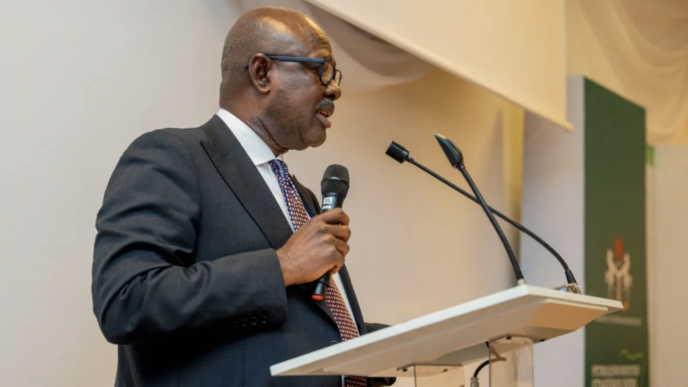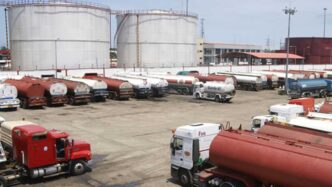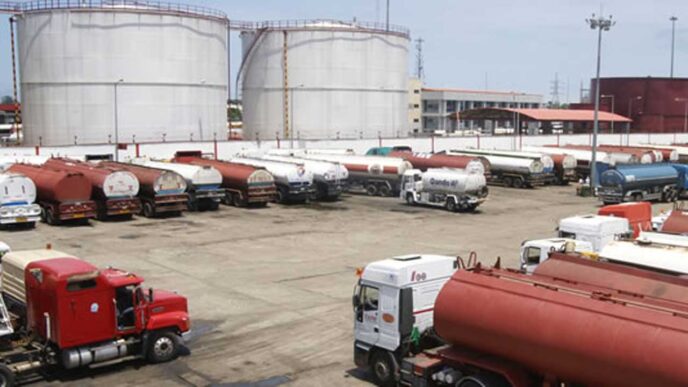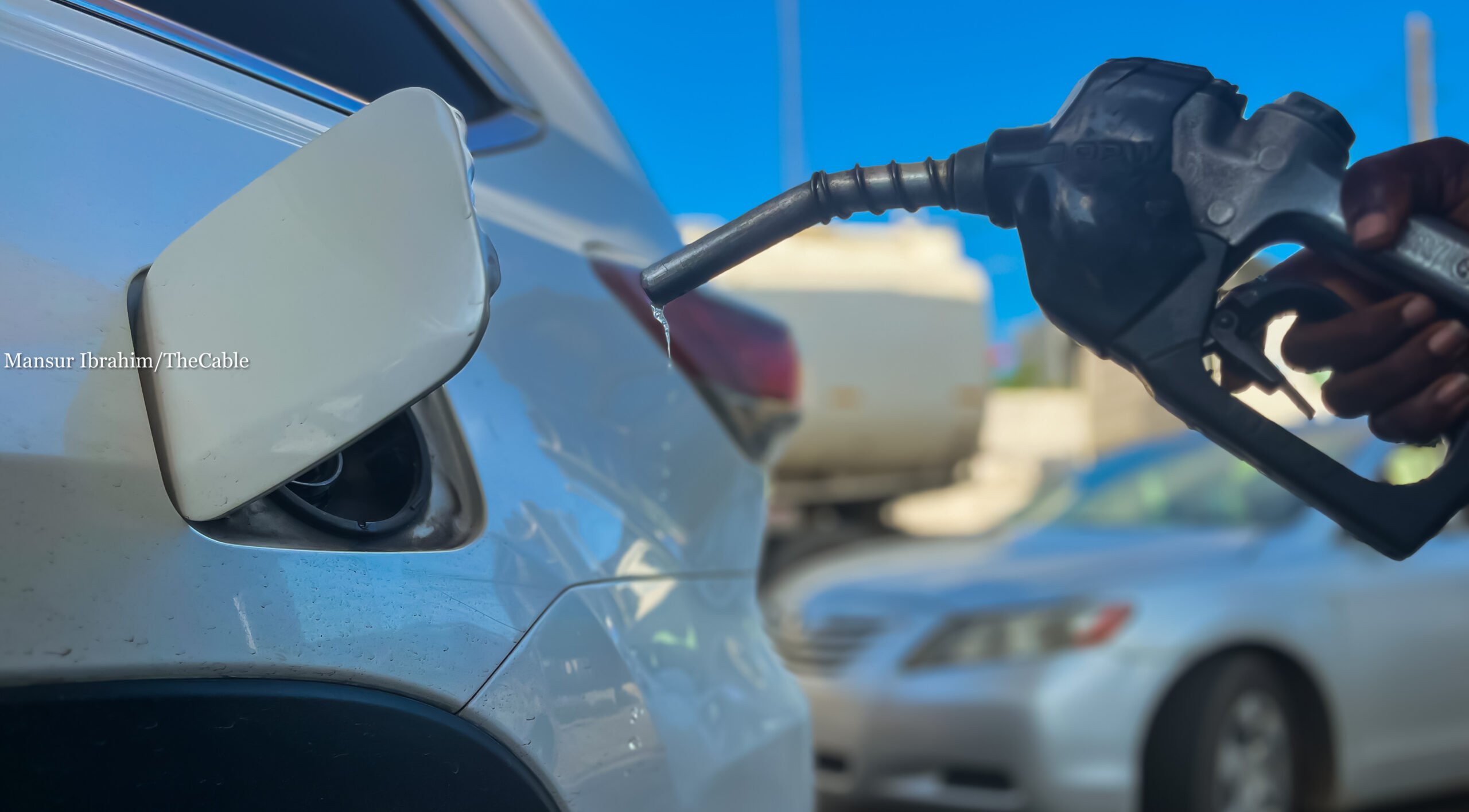Crude oil prices dropped to $61 per barrel on Friday.
The price of Brent crude, the global oil benchmark, fell by 0.47 percent to $61.84 a barrel — first time since April.
The price of the US West Texas Intermediate also tumbled by 0.66 percent to $58.85 a barrel.
The current international oil price is lower than the 2025 budget benchmark of $75 per barrel.
Advertisement
With oil prices dipping below $70 a barrel in about two months, experts believe Nigeria’s budget implementation could face challenges.
Analysts have also predicted that international crude oil prices will stay within the current range.
According to Reuters, HSBC Bank’s average oil price forecast for 2025 has been reduced to $68.5 per barrel, down from the previous estimate of $73.
Advertisement
Speaking to TheCable, Muda Yusuf, chief executive officer (CEO) of the Centre for the Promotion of Private Enterprise (CPPE), said if the price remains below $75 a barrel, it will present “a very serious challenge” for economic management.
“First, it poses a risk to our revenue. Currently, about 60 to 70 percent of our revenue comes from oil and gas. So, this drop is going to pose a risk to revenue. Secondly, it will pose a risk to the exchange rate,” he said.
“Our economy is dependent, to the tune of almost 85 percent or 90 percent for foreign exchange (FX) annex.”
Yusuf noted that international oil prices could contribute to additional depreciation of the exchange rate.
Advertisement
“We all know the implication of weak currency, depreciating exchange rates for our economy, for inflation, for cost of living, for the welfare of the people and so many things because exchange rate depreciation affects practically everything in the economy,” he said.
“That is why this trend is a major concern for us, and for oil sector of the Nigerian economy.”
The CPPE CEO called on the government to take proactive measures to manage the situation, emphasising the need to prevent significant volatility in the FX market and avoid a sharp currency depreciation.
He added that proactive government measures would help the country prevent a significant deficit “beyond what is in the budget, avoiding the temptation to borrow to fill the gap that the drop in revenue may cause”.
Advertisement
‘CURRENT OIL MAY FORCE FG TO BORROW TO FUND BUDGET’
On his part, Oyeyemi Oke, partner at AO2Law, said the current crude oil price puts pressure on the government to secure funding for the 2025 budget from alternative sources.
Advertisement
“With the budget benchmark, there is a potential for a decrease in our revenue. So the government needs to ensure that [its] spending pattern is extremely prudent, in order not to fall into a situation where we are running a huge budget deficit and we have to rely on loans to be able to fund our budget,” he said.
Oke said revenues from alternative sources, such as taxation, might help bridge the gap to prevent a huge deficit.
Advertisement
“And apart from taxation, maybe other types of revenues that are going to come from other natural resources such as mining,” he said.
He urged the federal government to enhance transparency and oversight of mining activities to help mitigate the potential revenue deficit.
Advertisement
On April 24, the federal government said it would prioritise critical expenditures and ramp up oil production in response to declining oil prices, which have fallen below budget assumptions.











